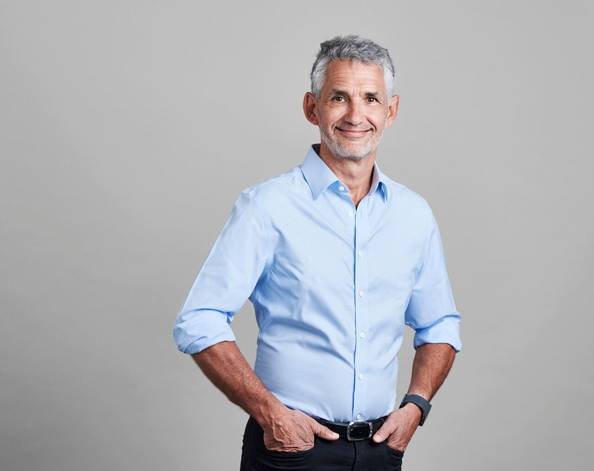Get Focus insights straight to your inbox
PART 1: Can Big Data beat the pandemic?
This video is for informational purposes only and does not constitute financial, medical, health or other advice. The opinions featured are not to be considered those of Investec.
In our latest Focus Talk, Professor of Genetic Epidemiology at King's College London Tim Spector talks to Max Richardson, a senior investment director at Investec, about how his Zoe Covid-19 Symptom Study app can transform the way we tackle coronavirus.
Spector also discuss the role of personalised medicine, a key theme of his latest book, "Spoon-fed: why almost everything we've been told about food is wrong", and how nutrition can help us defeat Covid-19, including how his study has highlighted a clear correlation between poor-quality diet and increased risk of infection.
PART 2: Covid-19 and nutrition
This video is for informational purposes only and does not constitute financial, medical, health or other advice. The opinions featured are not to be considered those of Investec.

When you look at the (Covid-19) rates across India, when you consider the sheer scale of the country, you should have seen a hundred times more deaths than they are actually getting and a similar picture across Africa.
Prefer to listen on the go?
Listen to a podcast of the full discussion between Tim Spector and Max Richardson.
Subscribe to Investec Focus Radio SA
Key comments from Tim Spector
On Covid-19 projections for developing countries
“Epidemiologists were generally fearing millions and millions of deaths across Asia, Latin America and Africa - the poorest parts of the world with poor hygiene and poor health services, and the opposite has happened."
On mortality rates in developing countries
“There have been some studies, for example in favelas in Brazil, finding that about 80% of people have been infected and yet hardly any of them had any major symptoms or went to hospital or suffered in any way. When you look at the rates across India, when you consider the sheer scale of the country, you should have seen a hundred times more deaths than they are actually getting and a similar picture across Africa.
"When we were discussing this with the WHO (World Health Organisation) and the countries, we couldn't quite work out why they weren't getting the deaths - people thought they were just hiding them but it turns out not to be true.”
Infection rates: developed vs developing countries
“So, affluent areas of the world are actually suffering much more than the poorer ones, and I think my explanation for this, is that the immune systems of those people are much more attuned to fighting off viruses every single day of their lives than our puny ones in the west, if you like, where we are over sanitised, we use antibiotics too much and our immunity is really poor and this is reflected also in our gut microbes. So, in general areas in Africa and India, they will have perhaps double the number of species of gut microbes than we have which gives them better immunity.”
Using algorithms in the battle against Covid-19
"I think there are many routes of predicting hospital cases and the government is using the number of tests of people over 60. Our main use is more in the population at the moment and the ability to use algorithms to see what symptoms people have in the first week, predict who's likely as an individual to need help, who's likely to need hospitalisation and who's likely to get long Covid?"





